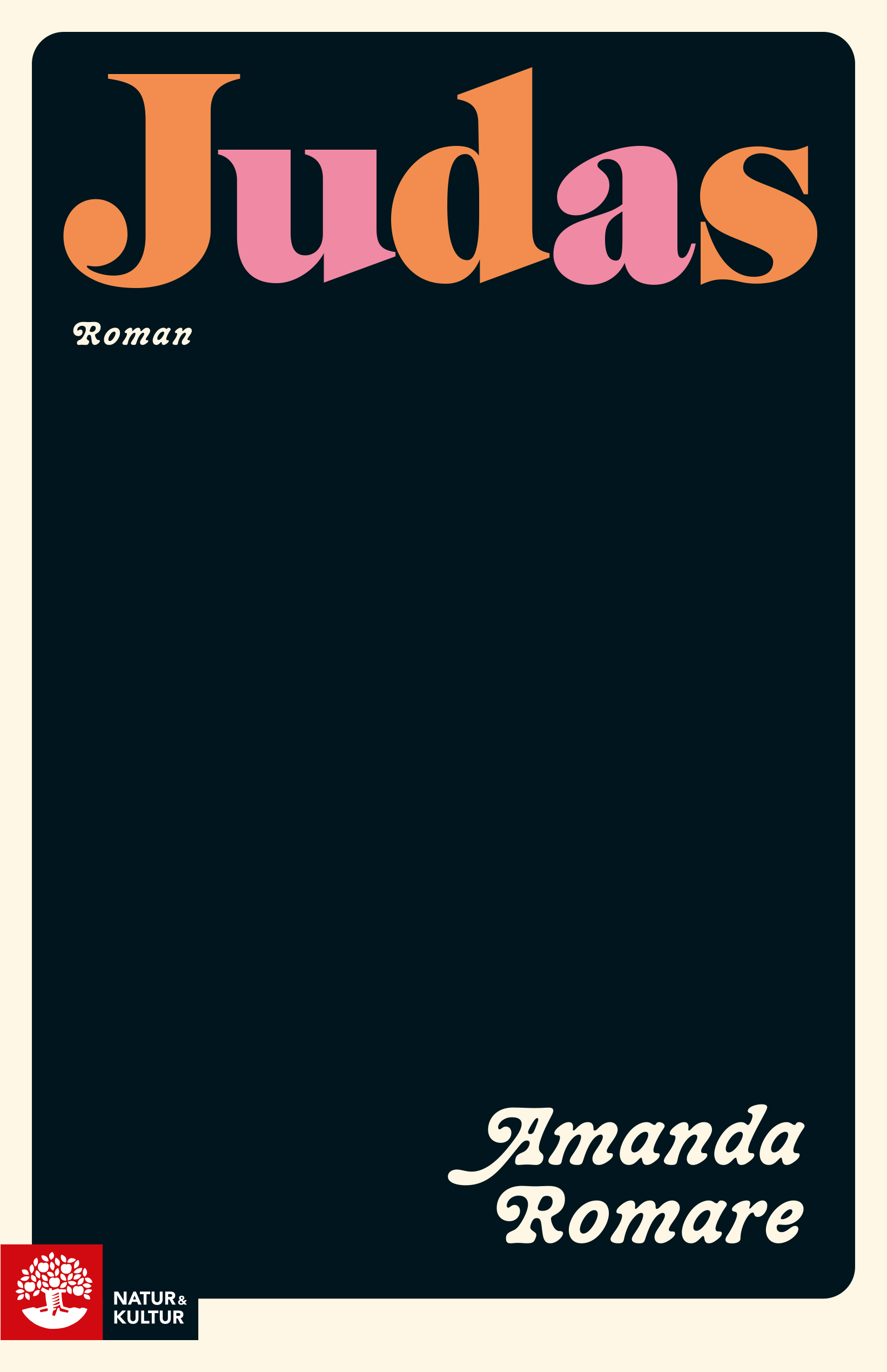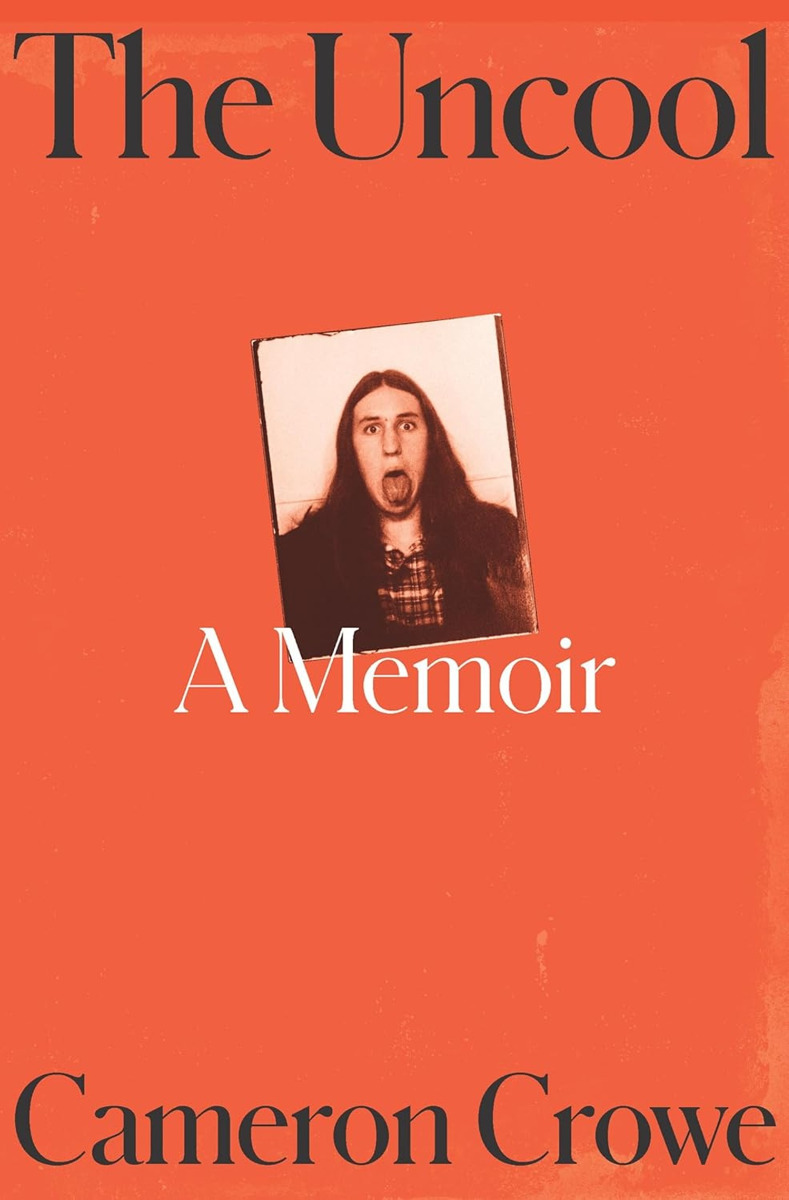Niklas wants to read Judas by Amanda Romare

Judas by Amanda Romare
Amanda hittade sin kille till slut. De är kära och har till och med flyttat ihop. Allt borde vara toppen. …
Favourite book genres: biography, music, philosophy, dissence; anything kick-providing, really. I review books, which means that I am—via Kurt Vonnegut—rococo argle-bargle. reviews.pivic.com
This link opens in a pop-up window

Amanda hittade sin kille till slut. De är kära och har till och med flyttat ihop. Allt borde vara toppen. …

The sweeping tale of one young family fighting to find their place in the worlds. When two soldiers from opposite …

The sweeping tale of one young family fighting to find their place in the worlds. When two soldiers from opposite …

It’s 1986, and “beautiful, radical ideas” are in the air. The narrator of Theory & Practice, a young woman originally …
Garcia sat in a reclining seat in the wood-finished offices located in a San Rafael complex. I asked him about the hippie concept that music should be free and belong to the people. He was immediately gregarious and delightfully prickly. “Fuck people’s music, man,” Garcia said, and laughed. “That kind of thing really irks me.”
This was decades before Napster or Spotify, but Garcia could see it coming in the summer of 1973. The people’s hippie, the guru of the Summer of Love, was already militant about not giving music away for free.
“To get so you can play music,” he continued, “you have to sacrifice a lot of what would have been your normal life. You know what I mean? For lack of a better phrase, you have to pay the dues to get so you can play music. It’s not a thing you just do. If that were so, everybody’d be making their own music and there wouldn’t be professional musicians. There’d be no need for them. For someone to deny the fact that you spent a certain amount of your life working on some sort of discipline and learning how to play … that’s the rip-off. That’s the state versus the individual. Anytime someone comes down on artists and claims their work on any level, I think that’s pure bullshit. There’s been too many great musicians who died poor. People’s music? It just ain’t so.”
— The Uncool by Cameron Crowe (52%)
Jerry Garcia about Spotify...ish.
The depth of the romance between Emmylou and Gram, and what grew from that afternoon, is a tale that belonged to them. As with George and Tammy, or Porter and Dolly, or many of the country stars Parsons loved, there’s more pleasure in the myth. I profiled her for Rolling Stone and visited a recording session for her second album, Pieces of the Sky. A few years back, we crossed paths at a Rufus Wainwright concert. She looked at me like I was a remnant of a life gone by. Though it was only one afternoon, she introduced me to a friend as “a kid who used to follow Gram and me around.”
— The Uncool by Cameron Crowe (45%)
“Did you enjoy Bob Dylan?” my mom asked as we filed out of the gymnasium.
“It was so good!” My sister agreed.
“Well, someday the Republicans are going to ruin all of this,” my mom said, “for everybody.”
— The Uncool by Cameron Crowe (5%)

It’s 1986, and “beautiful, radical ideas” are in the air. The narrator of Theory & Practice, a young woman originally …

Cameron Crowe was an unlikely rock and roll insider. Born in 1957 to parents who strictly banned the genre from …

Sarah Winters (internationally renowned leader and founder of Content Design London) and content designer Rachel Edwards explain how to use …